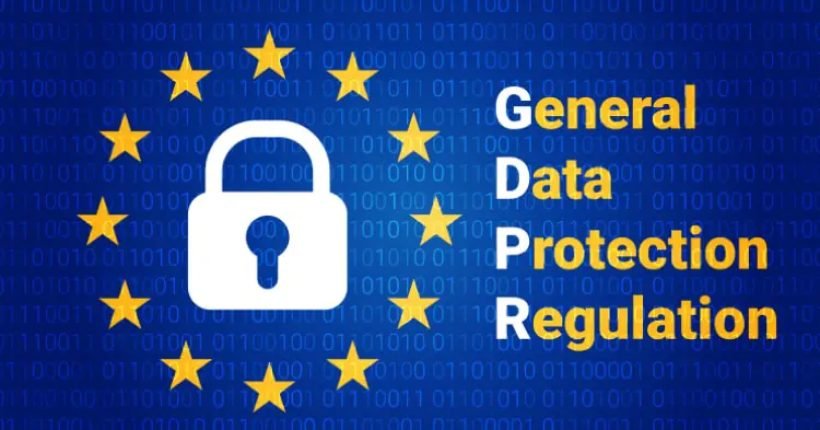

In today’s fast-moving business landscape, investing in the right tools for employee development is critical. A Learning Management System (LMS) can transform how your team learns, grows, and stays compliant—while saving time, reducing admin, and improving performance.
Whether you’re training new staff, maintaining certifications, or rolling out compliance modules, an LMS streamlines it all into one smart, accessible hub.
What Is a Learning Management System?
A Learning Management System is a digital platform that allows businesses to deliver, track, and manage training and development programs. It centralizes learning materials, monitors employee progress, and automates tedious admin tasks.
Top Business Benefits of an LMS
1. Save Time with Automation
Manual training reminders, expired certificates, and email chains? Say goodbye to all that.
Modern LMS platforms should include:
Automated email reminders to staff for assigned training
Automatic alerts to managers when certificates are nearing expiry
Real-time tracking of completions and overdue courses
This keeps training on track—without the micromanagement.
2. Improve Training Accessibility and Engagement
Today’s workforce expects flexibility. An LMS should deliver:
Mobile-friendly learning, accessible on phones, tablets, and desktops
A simple, intuitive interface that makes navigation effortless
Instant access to training content—anytime, anywhere
This ensures your team can learn on the go, at their own pace.
3. Centralize All Your Training Content
Every business is unique, and so is your training. With the right LMS, you should be able to:
Upload your own in-house training materials
Combine custom courses with third-party content
Keep everything in one organized, searchable place
From onboarding to advanced skills development, it’s all there—centralized and easy to manage.
4. Boost Compliance and Reduce Risk
Compliance training is critical—but hard to track manually. A good LMS helps you:
Maintain accurate training records
Track certificate expiry dates
Stay audit-ready with on-demand reporting and documentation
No more chasing spreadsheets or missing key compliance deadlines.
5. Gain Insights with Powerful Reporting
Want to know who’s completed their training? Who’s falling behind? What’s working?
Your LMS gives you:
Detailed analytics and progress reports
Visual dashboards for managers
The ability to identify training gaps quickly
This data-driven approach helps you improve training ROI and employee performance.
Future-Proof Your Workforce
An LMS doesn’t just streamline training—it builds a culture of continuous learning. Whether you’re a small hospitality business or a growing enterprise, having a scalable system in place helps:
Onboard new hires faster
Upskill existing staff
Maintain compliance across locations
Prepare for future challenges with confidence
Summary
If your current training process involves spreadsheets, sticky notes, or multiple platforms, it’s time for an upgrade. A Learning Management System is a smart, scalable solution for modern businesses that want to train smarter—not harder.
Our LMS makes it easy. With features like automated reminders, mobile access, custom content uploads, and powerful reporting, you’ll be ready to elevate your employee development strategy from day one.
Ready to streamline your training? Book a free demo or learn more here.
Popular posts
You May Also Like
-
May 30, 2025
-
May 26, 2025
-
May 14, 2025
-
May 5, 2025
Login with your site account
Links
- © 2025 CompIAI Learning








